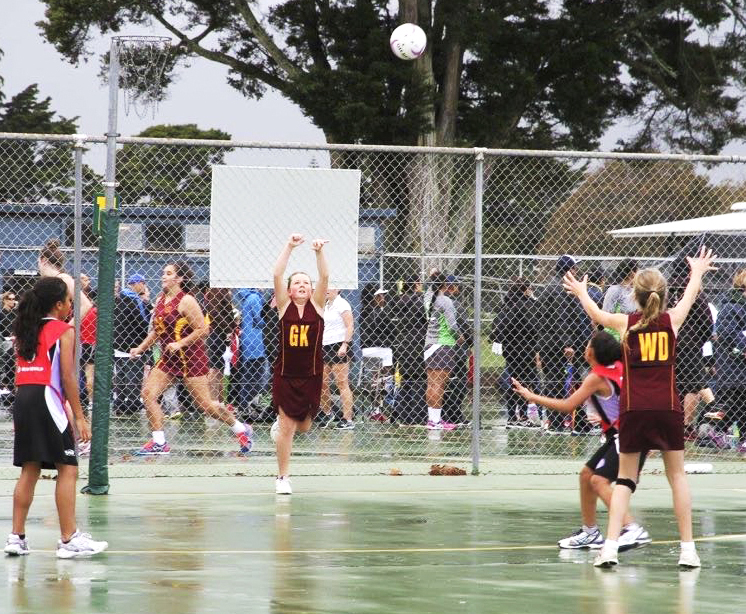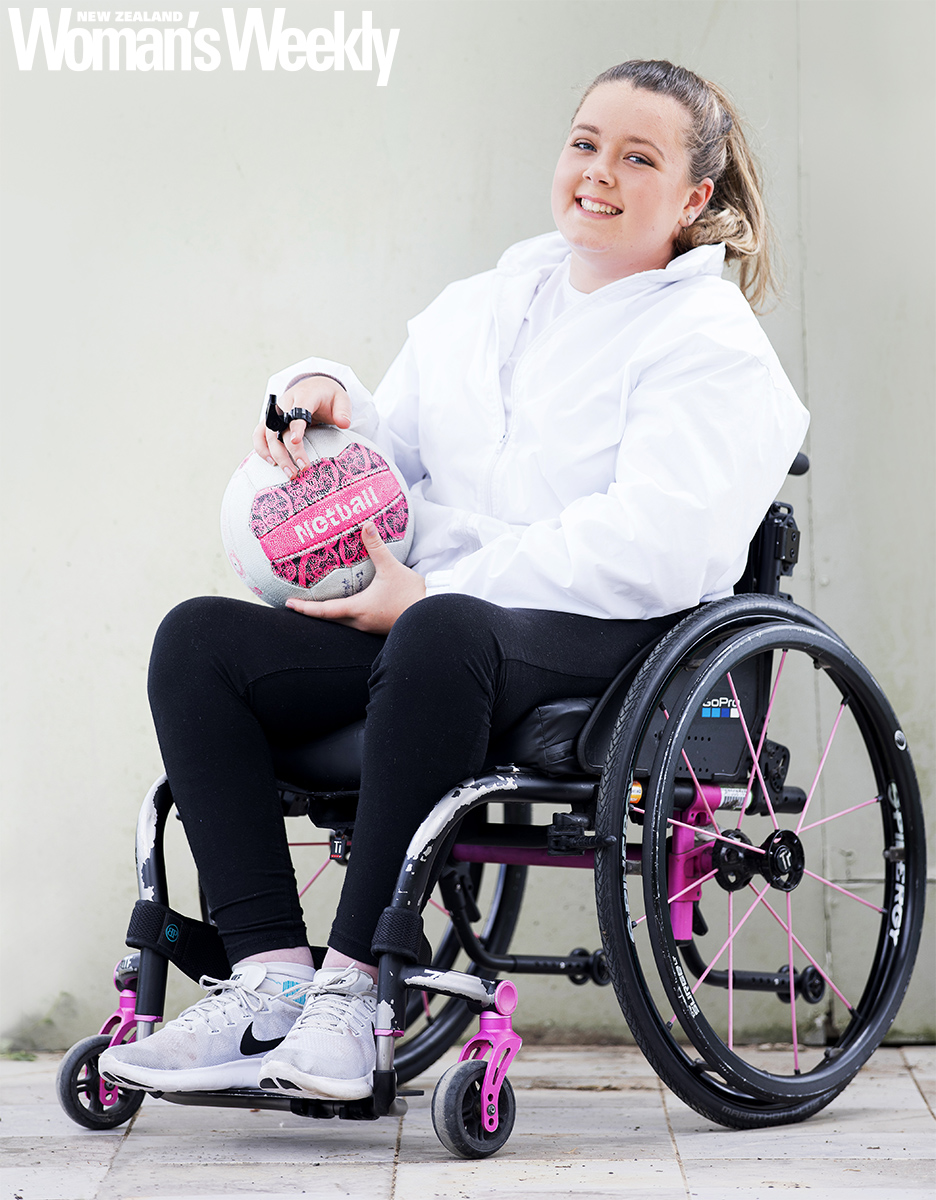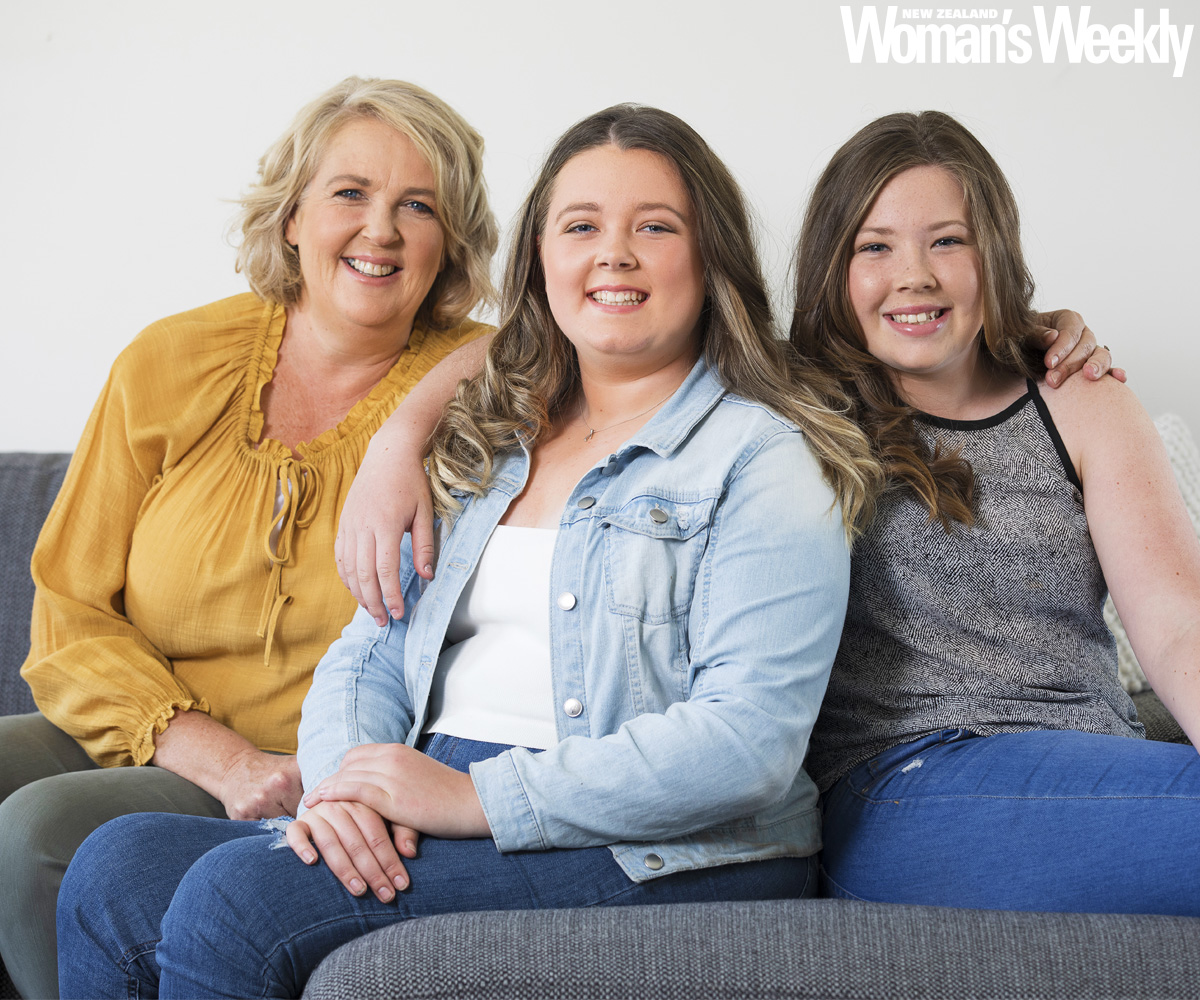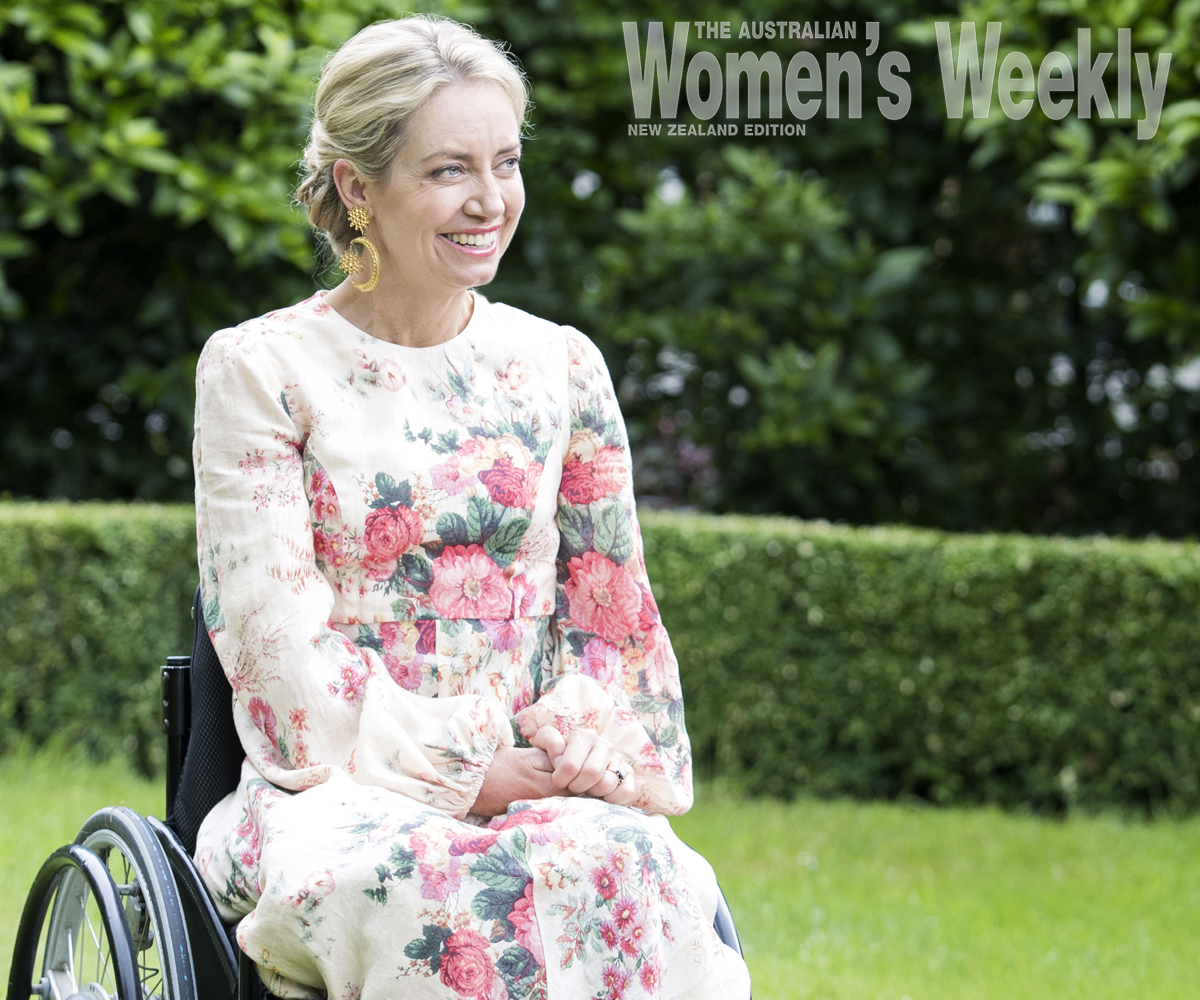After a common cold left Gabby Wright paralysed from the waist down, robbing her of a dream to become a Silver Fern, the young netballer was determined she would one day return to the court in some capacity.
Now, three years on from the virus that attacked her spinal cord, Gabby has not only made her debut umpiring the game she loves, but has made history at the same time.
The 15-year-old Aucklander is believed to be New Zealand’s first wheelchair umpire and possibly, worldwide.
Named as a finalist in this year’s Attitude Awards, which celebrates Kiwis living with disabilities, the resilient teen modestly downplays her remarkable achievement.
“My family and friends tell me I’m inspiring, and it proves that anything is possible,” smiles Gabby, chatting to the Weekly on the eve of the Awards’ black-tie gala on November 22.
“I just love netball and I wanted to do anything that could keep me involved in the game.”
So she sought the chance to umpire her 12-year-old sister Felicity’s games in the intermediate competition, and picked up other matches in the process.
Getting paid for it was an added bonus.
She tells, “It feels so good to be back on the court, even though it is sometimes a challenge to keep up.”

Gabby is back on the courts and umpiring schoolgirl games.
Gabby’s devoted parents Vanessa (50) and Clinton (45) stood on the sidelines of that first match at Howick Pakuranga Netball Centre, beaming with pride as they watched Gabby back on the court again, using a special sports wheelchair to manoeuvre herself around.
“People stopped watching their own teams to come and watch Gabby umpire hers!” laughs mum Vanessa.
Even high-profile international umpire Gary Burgess, who works as Head of Officiating at England Netball, heard about it and got in contact, sending a message that read, “Congratulations – Gabby’s story is truly inspirational. Walls are there to be broken down.”
Vanessa says she’s also had feedback that her daughter is a very good umpire and this new direction has rebuilt the Pakuranga College student’s confidence.
“Joining the Silver Ferns was always her plan A,” shares Vanessa.
“She was striving to be the best she could be and get into the good teams so she could take that pathway. She was such a good player and everything Gabby did was for netball.
“Yet she hasn’t dwelled on the fact that she’ll never be a Silver Fern now. She doesn’t think about what might have been, instead choosing to focus on what is right for her now.”
Adds Gabby, “At first it did get me down, especially when I had made the rep team and was training almost every day, but umpiring is just as good. And if this hadn’t happened to me, I never would have discovered that I liked tennis, which I now play twice a week.”

The talented goal keep in action
It’s this ability to always look on the positive side of life and set goals to achieve – Gabby hopes to play wheelchair tennis at the 2024 Paralympic Games – that makes her a hero in her family’s eyes.
“We look at her and think, ‘There are kids who wouldn’t be able to get through this like you have,'” muses Vanessa.
“She’s motivated and wants to succeed, which is half the battle. She doesn’t want to sit in her room and mope.
“Some families probably wouldn’t have survived what we’ve gone through. This has been a real family effort and it’s made us stronger as a unit.”
It was in June 2016 when life dramatically changed for the Wright family.
Gabby had played in a netball tournament on the Sunday and started complaining of a sore back the next day.
“She had played so much netball that I thought she had pulled a muscle in her back,” explains Vanessa.
“Then when she lost all feeling in her legs and couldn’t stand, I took her to A&E and discovered it was something much more serious.”
Gabby had caught a cold, which triggered a severe auto-immune response. She was diagnosed with transverse myelitis, a rare condition that inflames the spinal cord causing paralysis.

It was followed by a lengthy stay in Auckland’s Starship Hospital and the Wilson Centre.
“It was weeks of needles, catheters, nasogastric tubes, suppositories, physio and lots of fears and tears,” recalls Vanessa, who quit her job in HR to take care of Gabby, before returning almost a year later to a part-time position.
Since then, the youngster undergoes weekly physio sessions and has also recovered from surgery in July, to remedy a curve in her spine (scoliosis) as a result of being in a wheelchair.
There is a 30% chance she will walk again and that remains her ultimate goal.
“I’m still striving to achieve that one,” smiles Gabby, also an aspiring architect.
“Some days when I want a rest from therapy, I know it’s all good for me in the end, even though the process is long. Mum says to me, ‘No matter what we face, we will always find ways to keep pushing forward.’
“In the movie Finding Nemo, Dory says, ‘When life gets you down, all you gotta do is just keep swimming!’ So every time I feel sad, I remember that quote and try not to let anything hold me back.”




